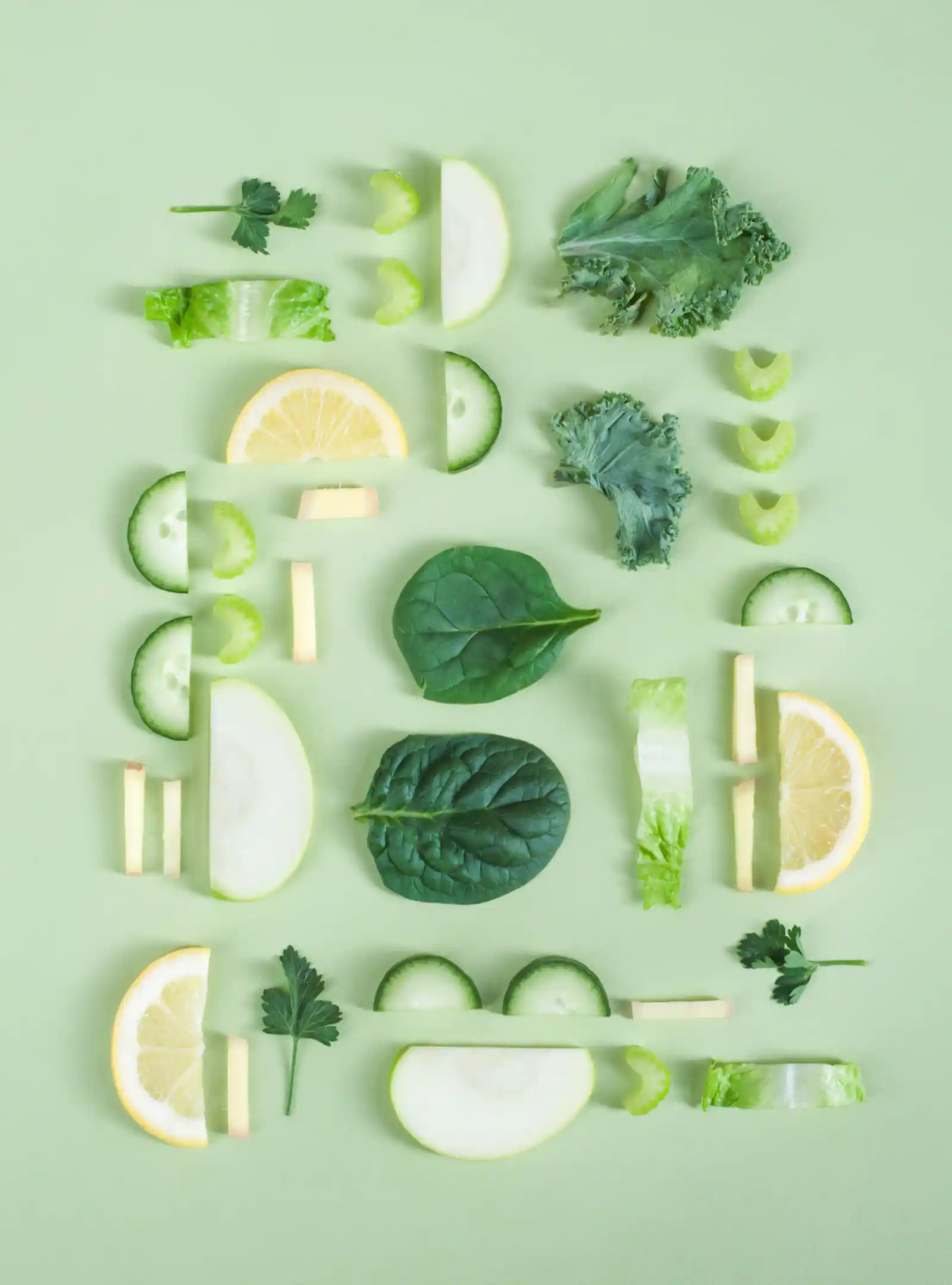Key Features of Liver Detoxification
Phase I Detoxification
Phase II Detoxification
Excretion: Final Elimination
Excretion Process
Understanding Detoxification
Once the liver has processed toxins, they are transformed into substances that can be easily excreted. These detoxified compounds are then eliminated from the body through three primary pathways: urine, bile, and feces. The kidneys filter the blood, removing waste products and excess substances, which are then expelled as urine. Bile, produced by the liver, carries waste products into the intestines, where they are eventually excreted as feces. This efficient system ensures that harmful substances are regularly removed from the body, maintaining overall health.
The Power of Glutathione
Powerful Antioxidant Supporting Liver Health and Detoxification
Glutathione is widely recognized as the master antioxidant, playing an essential role in cellular health and liver detoxification. As the body’s most abundant antioxidant, it is vital for neutralizing harmful free radicals and can regenerate itself within the liver. This remarkable ability to self-regenerate enhances glutathione’s effectiveness in combating oxidative stress and promoting overall wellness.
Vitamin C: A Crucial Ally
The Role of Vitamin C in Liver Health
Enhancing Liver Health Naturally
Effective Strategies for Liver Support
To maintain optimal liver health, it’s essential to incorporate lifestyle habits that promote its natural detoxification processes. Prioritizing adequate sleep is crucial, as it allows the body to repair and regenerate, supporting liver function. Additionally, managing stress through mindfulness practices or yoga can significantly reduce the burden on your liver, as stress hormones can impact its efficiency.
Another vital aspect is the use of eco-friendly products in your daily routine. By choosing natural cleaning agents and personal care items, you minimize exposure to harmful chemicals that could otherwise strain your liver. Embrace these practices to support your liver’s health and enhance your overall well-being.
Clinical Research Insights
Nutrient Blends and Glutathione Enhancement
Study Conclusion
The findings support earlier studies indicating that certain phytochemicals can elevate plasma vitamin C levels, even when vitamin C is not actively consumed, and they introduce a targeted combination of ingredients designed to enhance the production of glutathione in the body.
Supporting Liver Health
Healthy Diet
Incorporate a variety of fruits, vegetables, whole grains, and lean proteins into your meals to provide essential nutrients that support liver function.
Regular Exercise
Engage in physical activities that boost circulation and enhance liver efficiency, such as walking, cycling, or swimming.
Adequate Hydration
Ensure you drink sufficient water daily to aid the liver in flushing out toxins effectively.
Avoid Alcohol and Caffeine
Limit the intake of alcohol and caffeine, as these can place additional strain on the liver and hinder its detoxification capabilities.

